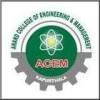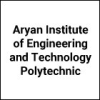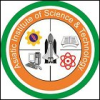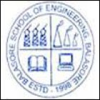Diploma in Computer Science and Engineering - Course, Fees, Eligibility, Top Colleges, Top Careers
Course Description
Diploma in Computer Science and Engineering is a course which aims to provide students with basic knowledge of engineering, scientific, computing, mathematical techniques by using the theoretical and practical approach of teaching. It also provides students with some knowledge of English to develop their communication skills and problem-solving techniques. The Curriculum of the course covers topics like Computer Center Management, Programming in C, Data Structure, Operating System, Computer Architecture, DBMS, Computer network and many more. Computer Science is used in most of the fields like science, business, medicine, music, art, law, and communication etc.
Why choose Diploma in Computer Science and Engineering?
Choosing a Diploma in Computer Science and Engineering can offer several compelling benefits:
- Practical and Hands-on Learning: Diploma programs often focus on practical skills and hands-on training. This means you'll have opportunities to work with real-world technologies and gain valuable experience, making you job-ready upon graduation.
- Faster Entry into the Workforce: Diplomas typically have shorter durations than full-fledged degrees, allowing you to enter the job market sooner and start building your career in computer science and engineering.
- Cost-effective Option: Diplomas are generally more affordable than four-year degrees, making them a cost-effective option for individuals looking to pursue a career in technology without the financial burden of a more extended program.
- Industry Demand: The technology industry is constantly growing, and there is a high demand for skilled computer science and engineering professionals. Completing a diploma in this field enhances your employability and opens up various career opportunities.
- Diverse Career Options: Computer science and engineering are vast fields with numerous specialization areas like software development, networking, cybersecurity, artificial intelligence, and more. A diploma provides a foundation for exploring these diverse career paths and finding your interest.
- Transferable Credits: If you decide to pursue a higher degree later on, many institutions may offer transferable credits from your diploma program, reducing the time and cost required to earn a bachelor's degree.
- Skill Development: Diplomas focus on teaching practical skills relevant to industry needs, including programming, software development, system analysis, database management, and technical troubleshooting.
- Entrepreneurial Opportunities: With the knowledge and skills gained from a computer science and engineering diploma, you may venture into entrepreneurship and develop your tech-based business ideas.
- Global Opportunities: Computer science and engineering skills are in demand worldwide, providing you with the potential to work in various countries and experience diverse cultures.
- Continuous Learning: A diploma in computer science and engineering can be a stepping stone for further education and personal growth, encouraging you to continue learning and staying up-to-date with the latest advancements in the field.
Diploma in Computer Science Syllabus
A Diploma in Computer Science offers a comprehensive and well-rounded curriculum covering a wide range of subjects that are essential for a successful career in the field of computing. The program equips students with both theoretical knowledge and practical skills to handle various aspects of computer science.
The curriculum typically begins with Computer Fundamentals, providing students with a solid foundation in understanding the components of a computer system, operating systems, and computer architecture. From there, students delve into Programming Fundamentals, learning various programming languages like C, C++, Java, Python, and understanding data types, variables, control structures, and functions.
Data Structures and Algorithms are an integral part of the syllabus, teaching students how to efficiently organize and manipulate data, along with learning popular searching and sorting algorithms.
Database Management Systems is another crucial subject, introducing students to databases and SQL, enabling them to design and manage relational databases effectively.
Web Development is a significant part of the course, where students explore HTML, CSS, JavaScript, and server-side programming languages. They gain expertise in creating dynamic and interactive websites, understanding web frameworks, and working with web services and APIs.
Object-Oriented Programming imparts valuable insights into classes, objects, inheritance, and polymorphism, promoting sound design principles.
Software Engineering provides an understanding of software development life cycles, requirements, and testing methodologies, vital for building reliable and maintainable software.
Networking delves into computer networks and protocols, enabling students to comprehend network topologies and communication models.
Cybersecurity is an essential subject in the diploma program, educating students about cybersecurity threats, vulnerabilities, and best practices to protect information systems.
Project work is a significant component, allowing students to apply their knowledge practically in developing a real-world project.
Overall, the Diploma in Computer Science subjects offers a well-structured curriculum, empowering students with the necessary skills and knowledge to embark on a successful career in the rapidly evolving world of computer science and technology.
Typical day at work
Frequently Asked Questions
1. Is a diploma in computer science and engineering good?
Answer: Yes, a computer science and engineering diploma can be a good option for individuals who want to acquire practical skills and enter the job market quickly. It provides a strong foundation in computer science principles and practical knowledge, making graduates job-ready in various roles in the technology industry.
2. Is a diploma in CSE good for the future?
Answer: Yes, a diploma in Computer Science and Engineering can benefit the future. As technology continues to play a vital role in various industries, the demand for skilled computer science professionals remains high. The practical skills gained through the diploma program can open up numerous career opportunities in the ever-growing technology sector.
3. What can you do with a diploma in computer science?
Answer: With a diploma in computer science, graduates can pursue various entry-level roles in the technology industry. Some potential career options include:
- Software Developer: Designing, coding, and testing software applications.
- IT Support Specialist: Assisting users with technical issues and maintaining computer systems.
- Network Technician: Installing and managing computer networks.
- Web Developer: Creating and maintaining websites and web applications.
- Database Administrator: Managing and organizing data in databases.
- System Analyst: Analyzing and improving computer systems for efficiency.
- Cybersecurity Technician: Protecting computer systems from security threats.
4. What is a 1-year diploma in computer?
Answer: A 1-year diploma in computers refers to a short-term educational program, typically lasting for one academic year, focused on providing specific computer-related skills and knowledge. These diplomas often concentrate on practical training and may cover programming, web development, networking, or software applications.
5. Which is better, BTech or a diploma?
Answer: The answer to this question depends on individual circumstances, career goals, and personal preferences. Both BTech (Bachelor of Technology) and a diploma in computer science and engineering have their advantages:
- BTech: A full-fledged Bachelor's degree program that typically takes four years to complete. It offers more in-depth theoretical knowledge, a broader curriculum, and higher education and research opportunities. BTech graduates may have an advantage in career growth and higher-level positions.
- Diploma: A diploma program is shorter in duration, more focused on practical skills, and is generally more cost-effective. It allows students to enter the job market sooner and gain hands-on experience quickly. It can be a good choice for those who want to start working in the industry without committing to a more extended degree program.
Eligibilty
The candidate should have qualified 10th or its equivalent from a recognized board of education with at least 60% marks in aggregate.
How to apply for Diploma in Computer Science and Engineering?
-
Research Institutions: Start by researching different educational institutions that offer Diploma in Computer Science and Engineering programs. Look for reputable and well-known institutions for their quality of education in this field.
-
Check Eligibility: Review the eligibility criteria for the program. Typically, you must have completed your secondary education (high school or equivalent) with a minimum percentage or grade point average to be eligible for the diploma course.
- Gather Required Documents: Prepare all the documents required for the application process. This may include academic transcripts, certificates, identification proof, passport-sized photographs, and any other documents specified by the institution.
- Fill out the Application Form: Obtain the application form from the institution's website or admission office. Fill out the form accurately and provide all the required information.
- Pay Application Fees: Some institutions may charge an application fee. Make sure to pay the price per the instructions provided by the institution.
- Entrance Examinations (if applicable): Some institutions may conduct entrance examinations as part of the admission process. Prepare for any required entrance tests and perform well in them.
- Submit the Application: Once you have completed the application form and gathered all the necessary documents, submit your application to the institution before the specified deadline.
- Wait for Admission Decision: After submitting your application, you will have to wait for the admission committee to review your application and make a decision. The time taken for the decision may vary depending on the institution.
- Acceptance and Enrollment: If your application is accepted, you will receive an acceptance letter or offer of admission. Follow the instructions in the acceptance letter to complete the enrollment process and secure your spot in the program.
- Visa (for International Students): If you are an international student planning to study in a different country, you must apply for a student visa. Check the country's visa requirements where you will be learning and apply for the appropriate student visa.
Diploma in Computer Science and Engineering: Advantages
-
Practical Skill Development: Diploma programs focus on hands-on training, enabling students to develop practical skills in various computer science and engineering aspects. This emphasis on real-world applications prepares students for immediate entry into the workforce.
- Shorter Duration: Diplomas are typically shorter than bachelor's degrees, allowing students to complete the program in a shorter time frame. This means students can enter the job market and start their careers earlier.
- Cost-Effective: Diplomas are generally more affordable than traditional four-year degree programs. This makes it a cost-effective option for individuals who want to acquire technical skills without the financial burden of more extended education.
- Industry-Relevant Curriculum: Diploma programs are designed to align with industry needs and trends, ensuring that students learn skills and knowledge that are in demand in the job market.
- Job-Ready Graduates: Due to the practical nature of the curriculum, diploma graduates are often considered job-ready with the skills required to perform specific roles in the technology sector.
- Specialization Opportunities: Computer Science and Engineering Diplomas often offer opportunities for students to specialize in specific areas, such as software development, networking, cybersecurity, or data science. This allows students to tailor their education to match their interests and career goals.
Colleges
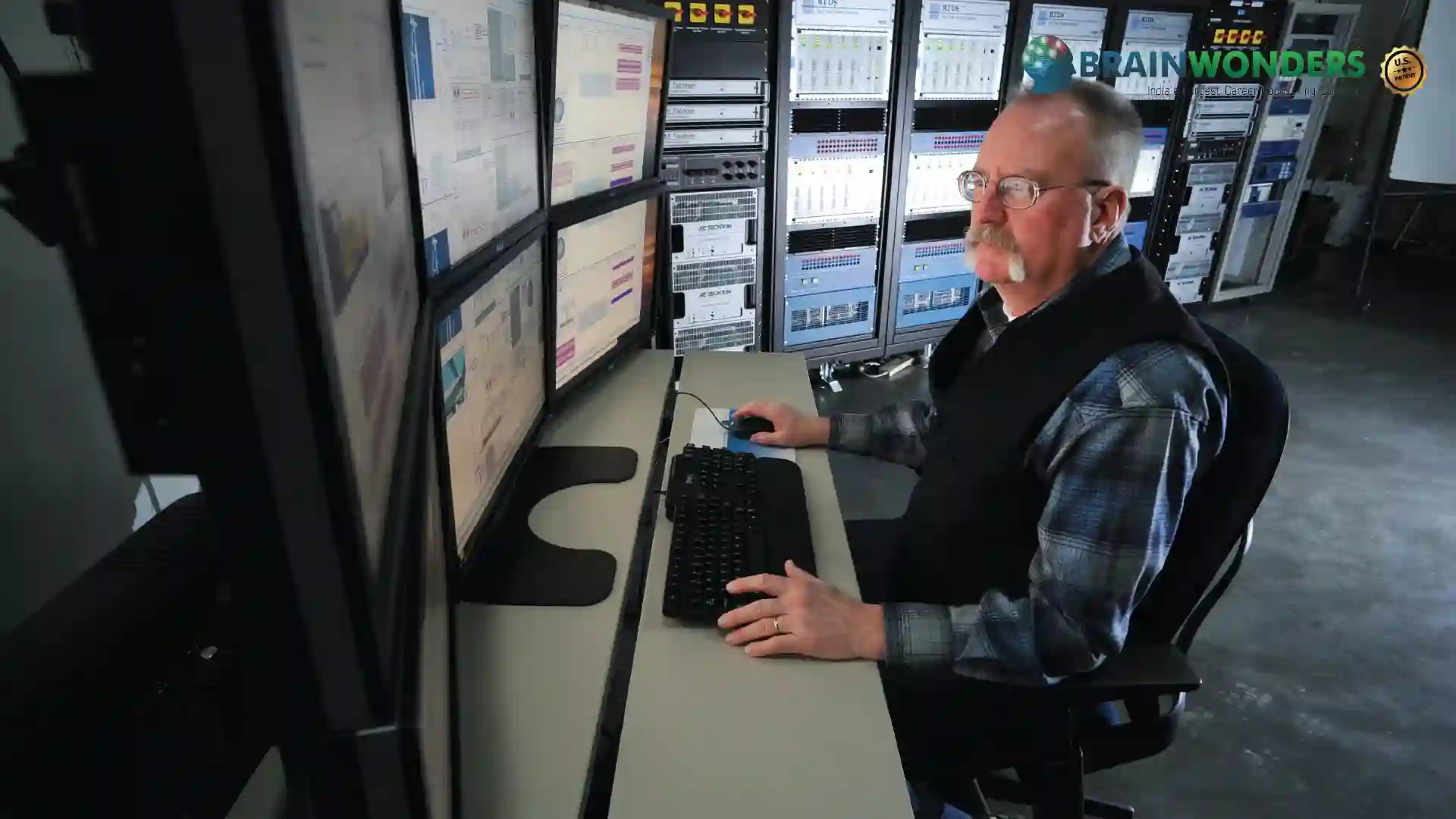
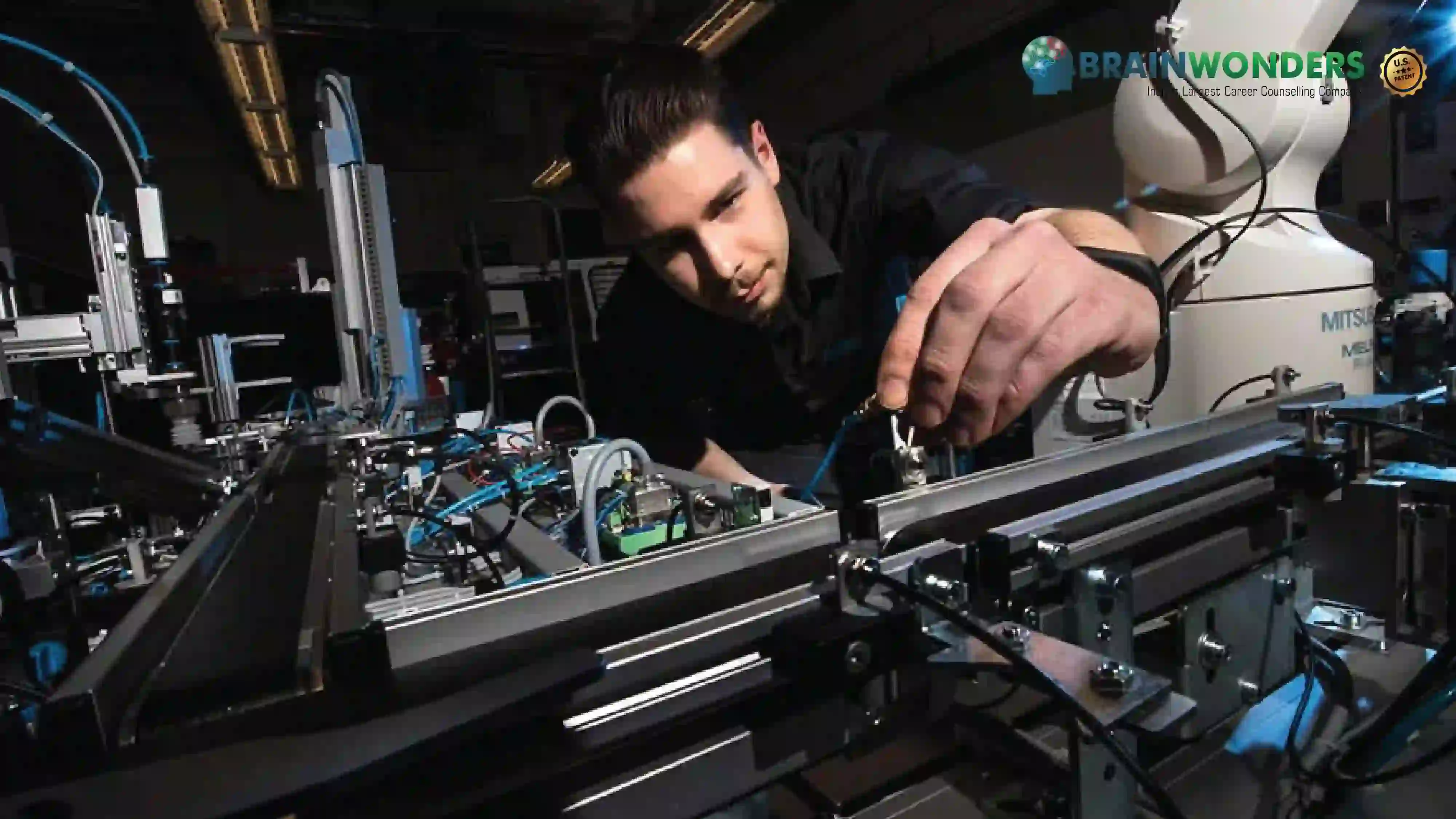
.webp)
